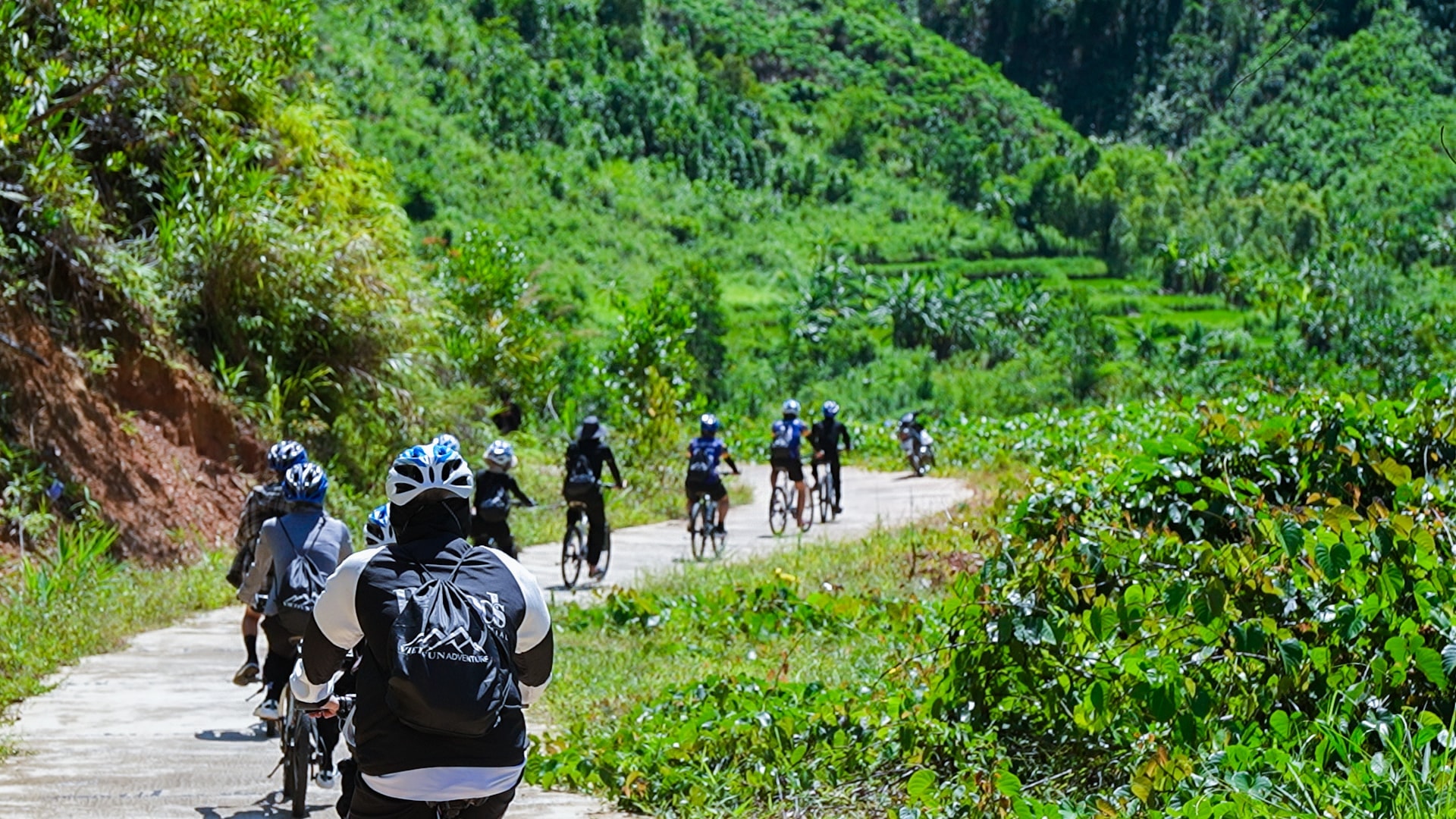DNO - In the context of the global tourism industry facing the challenge of “overtourism” - the overcrowding of traditional destinations, the trend of “destination dupes” (detour) - alternative destinations - is increasingly viewed by experts as a sustainable solution for the sector.

According to recent reports by Expedia and Booking.com, more than 60% of international travelers now prefer exploring peaceful, less-known places that still have similar characteristics with world-famous landmarks but provide a more tranquil experience.
For instance, Albania is emerging as an alternative to Italy. With its pristine Adriatic coastlines and lower costs, the site helps tourists avoid the crowds in Venice or Rome while still enjoying Mediterranean architecture and cuisine.
In a similar vein, Puglia in southern Italy is considered a substitute for the Amalfi Coast, with its impressive limestone landscapes, ancient villages and rich agricultural products.
According to Dr. Tran Nien Tuan, lecturer at the Faculty of Tourism, the University of Economics - the University of Da Nang, Da Nang boasts the most beautiful beach on the planet, along with a diverse ecosystem of forests, mountains, rivers and lakes. After the recent administrative merger, the city has many untouched areas with strong potential to develop new tourism routes that can reduce pressure on current "hot spots".
He suggested that tourists can explore little-known ancient villages in Hoa Vang as alternatives to Marble Mountains and Hoi An, or enjoy pristine beaches such as Bac, Rang, Tam Hai and Tam Thanh beaches instead of My Khe Beach.
Trekking through Tay Giang across the Truong Son forest, he added, is another good suggestion besides the popular Sun World Ba Na Hills Tourist Area.

"Promoting alternative destinations not only helps reduce pressure on city centers which are facing the risk of overcapacity in accommodation and transport but also creates momentum for the development of rural and mountainous economies through community-based tourism products such as eco-homestays or organic farming tours. This aligns well with Da Nang’s tourism development strategy for the new phase” Dr. Tuan noted.
Tourism experts believe that to make the most of this trend, Da Nang should implement numerous synchronous solutions.
The focus should be on investing in public transport infrastructure and ecological trail networks to connect new destinations with the city center without disrupting the natural ecosystem; as well as strengthening cooperation with multimedia communication platforms, travel bloggers, and influencers to spread authentic and new experiences about the images of the city's hidden gems.
Also, importance should be attached to diversifying tourism products tied to biodiversity, developing eco-villages, and designating nature reserves for sustainable tourism projects.
Developing alternative destinations does not mean duplication but is the basis for Da Nang to renew its tourism identity, lure more visitors through diversity, and strengthen its commitment to sustainability.